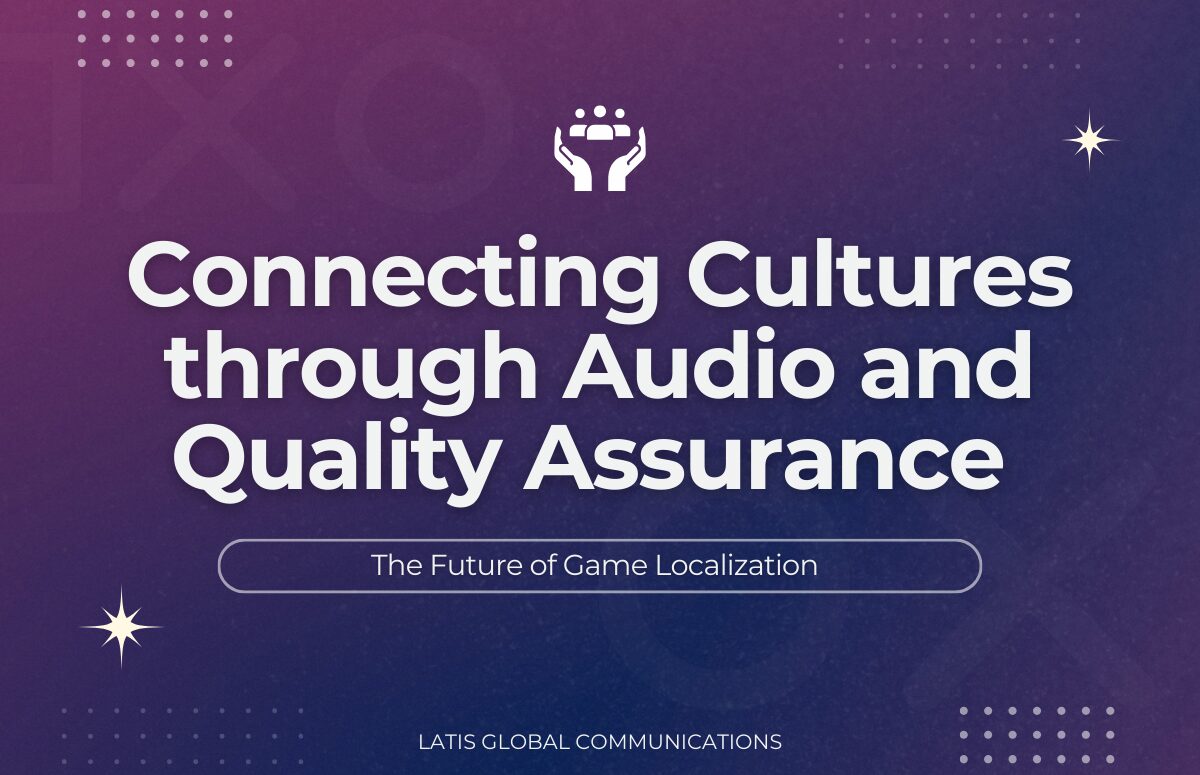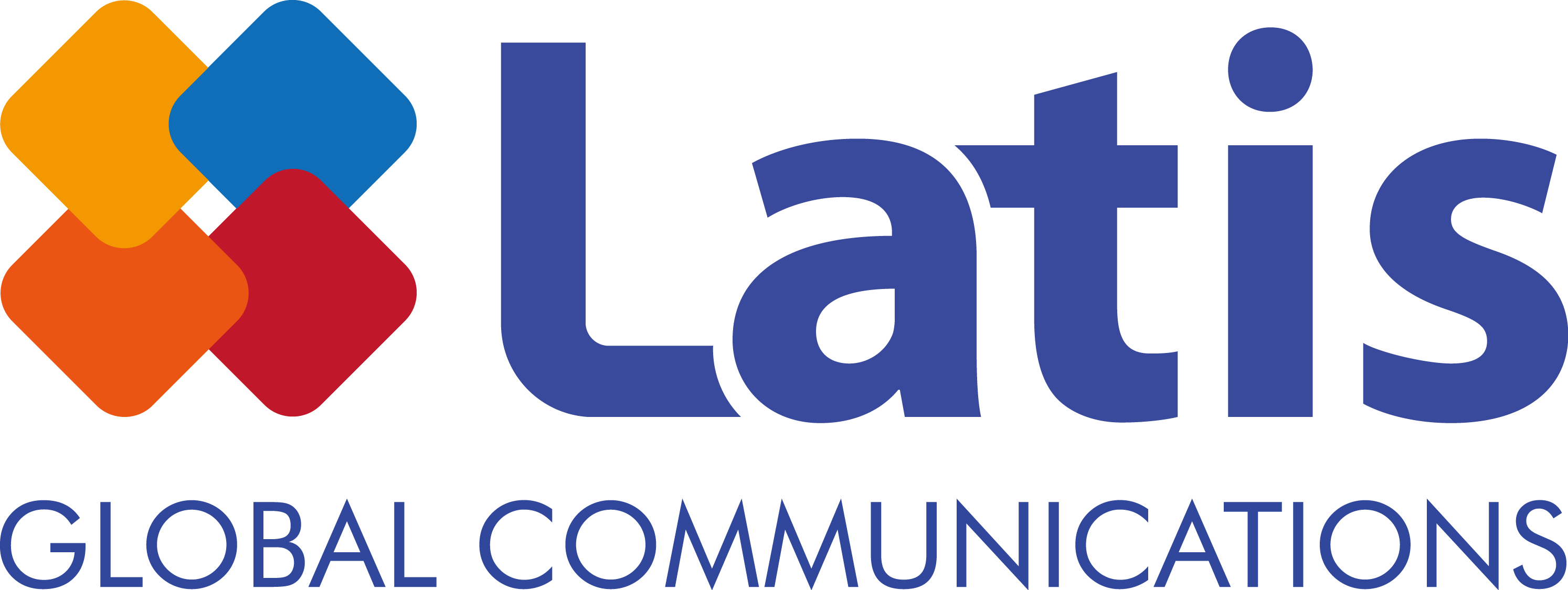
As the gaming industry continues to thrive on a global scale, the importance of game localization has never been more pronounced. Localization goes beyond mere translation; it involves adapting a game to resonate with diverse cultures, ensuring that players from different backgrounds can fully immerse themselves in the experience. At Latis Global, we specialize in providing comprehensive game services, including localization, language quality assurance (LQA), audio design, and game quality assurance (QA). In this discussion, we will explore the multifaceted nature of game localization, emphasizing its role in bridging cultural gaps through effective audio adaptation and thorough quality processes.
Cultural Nuances in Localization
Understanding cultural differences is key to successful localization. Each region has its own preferences, humor, and social norms that can greatly affect how a game is received. For example, in “Overwatch,” the developers worked closely with cultural experts to ensure that the characters and their dialogues felt relatable and authentic to players in different countries. This not only helped avoid misunderstandings but also made players feel more connected to the game, resulting in a broader appeal and positive reception worldwide. Additionally, some jokes or references that work in one culture might not translate well to another; localization allows for adaptations that maintain the game’s original spirit while resonating with local audiences.
The Role of Audio in Localization
Audio, including voice acting, sound effects, and music, plays a crucial role in enhancing the gaming experience. For instance, in “The Last of Us Part II,” the sound design is deeply intertwined with the story, adding emotional depth to the gameplay. When localizing the audio, the team focused on using appropriate accents and emotional tones that matched the characters’ personalities and situations. This attention to detail ensures that players in different regions experience the same emotional impact, regardless of their language. Moreover, localized music can also help create a sense of place, making players feel as though they are truly part of the game’s world.
Quality Assurance in Localization
Quality assurance (QA) is crucial for making sure that localized content is accurate, culturally appropriate, and engaging for players. A good example is “Final Fantasy XV,” which faced challenges because of its complex story and characters. By using a detailed QA process, the localization team could spot and fix translation issues, ensuring that cultural references made sense and that the storyline flowed well in every language. This careful attention to detail not only improves the player experience but also builds trust in the brand, making players feel they are getting a high-quality product.
Another great example is “The Witcher 3: Wild Hunt,” which gathered feedback from local players during its QA phase. This helped the developers fine-tune not just the text but also the game’s subtleties, ensuring that jokes, sayings, and cultural references worked well for players in different regions.
Case Studies
Looking at successful localization examples can offer important lessons for the industry. “Persona 5” is frequently mentioned as a great case, praised for its excellent localization efforts. The team didn’t just translate the script; they also adapted cultural references, jokes, and even dialogue pacing to make it relatable for Western audiences. This thoughtful approach enabled the game to thrive in both Japan and the West, demonstrating that well-executed localization can significantly boost a game’s success.
Another example is “Monster Hunter: World,” which tailored its marketing and in-game content for different regions. The localization team worked on both text and audio to ensure that players around the world felt the game was made for them. This led to record sales and a loyal fanbase around the world.
Emerging Technologies
The world of game localization is evolving with the introduction of new technologies. AI and machine learning tools are becoming increasingly popular for assisting in translation and localization processes. These technologies can analyze patterns in language and offer suggestions, helping speed up the workflow. However, while these tools can handle straightforward translations, human expertise remains essential for capturing cultural nuances and emotional depth.
For example, AI can quickly translate large volumes of text, but it may miss subtleties, like puns or idiomatic expressions, that a human translator would understand. Therefore, the best approach combines the efficiency of technology with the creativity and cultural insight of human translators, ensuring that the final product resonates well with all players.
As the world becomes more connected, the future of game localization is about respecting cultural differences while providing high-quality experiences. By effectively adapting audio and ensuring quality, companies can create games that resonate with players everywhere. At Latis Global, we’re committed to helping game developers succeed in this complex environment, ensuring their games are enjoyable and relatable for all. Together, we can make games that entertain and connect players around the world. Connect with us at contact@latisglobal.com

